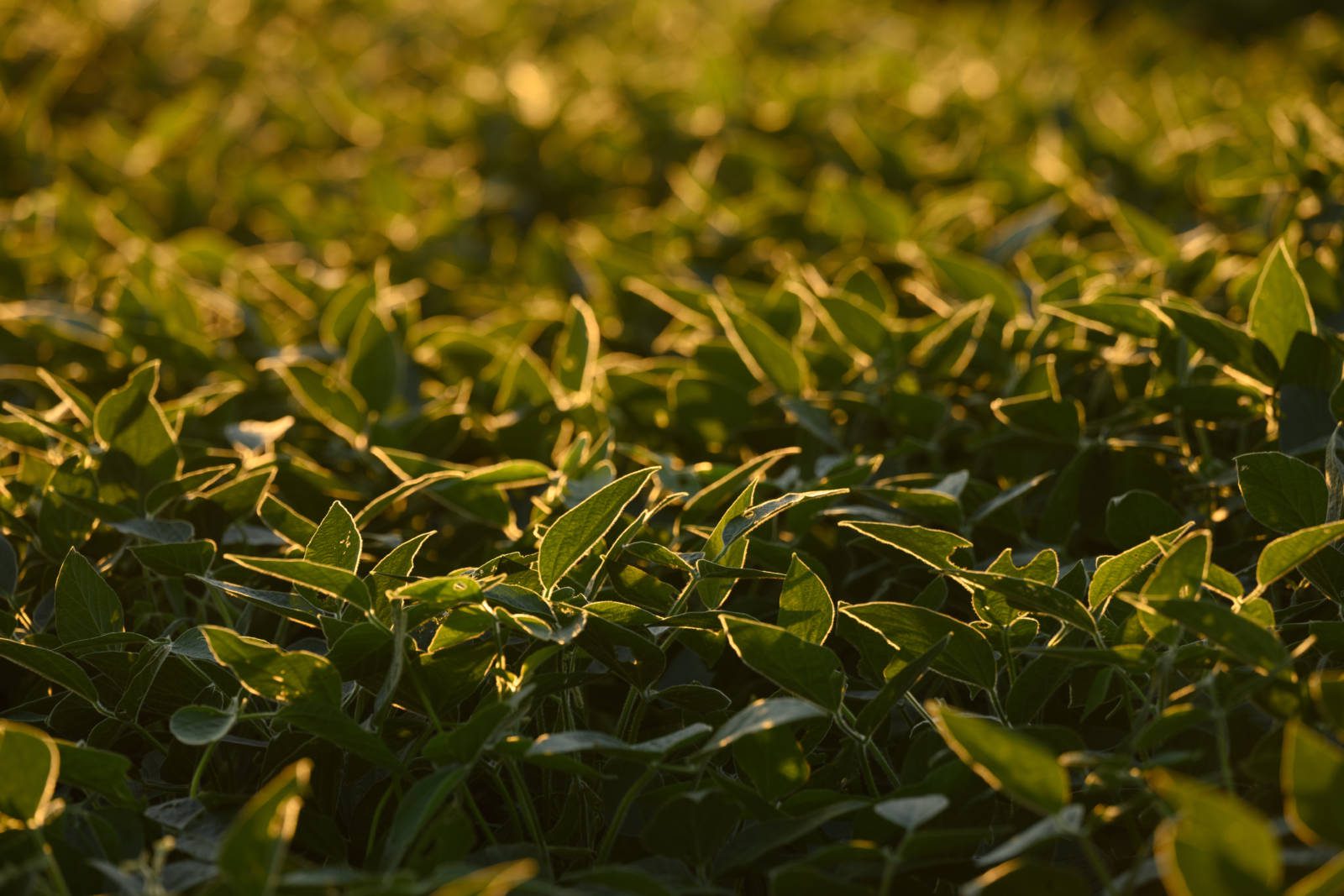 Throughout the 2022 growing season, USSOY.org will provide regular Ground Work updates from several U.S. soybean farmers around the country. Follow their updates, #GroundWork2022, to learn about their farms and commitment to producing a reliable, sustainable supply of high-quality soy.
Throughout the 2022 growing season, USSOY.org will provide regular Ground Work updates from several U.S. soybean farmers around the country. Follow their updates, #GroundWork2022, to learn about their farms and commitment to producing a reliable, sustainable supply of high-quality soy.
Fifth-generation farmer David Williams is continuing his deeply rooted family legacy of conservation and sustainability on his family farm near Elsie, Michigan, in the eastern U.S. Midwest. The farm is about 170 km, or 105 miles, northwest of Detroit, Michigan, and about 95 km, or 60 miles, southwest of Lake Huron.
“My great-great grandfather began farming here more than 150 years ago,” David says. “We still consider that land the home farm.”
He returned to the family farm to work with his father in 1990, after careers that included working for the railroad in Chicago and managing a printing company.
 “I got tired of living in the city and that rat race,” he says. In addition to helping his parents, David bought land of his own, and the farm grew.
“I got tired of living in the city and that rat race,” he says. In addition to helping his parents, David bought land of his own, and the farm grew.
In 2013, his nephew Brian started farming with him, becoming the 6th generation on the farm. Today they raise soybeans, corn, winter wheat and alfalfa on more than 1,940 hectares, or about 4,800 acres, with the help of two employees. Caring for that land is a top priority.
“My grandfather was involved in soil conservation efforts,” David explains. “My father continued the focus on sustainability, and we continue to improve. We’ve learned over time the benefits of preserving the land to leave it for future generations.”
His fascination with technology has led to using advances to continue improving the farm’s sustainability. The use of precision agriculture tools allows them to use variable rate technology to apply fertilizer exactly where needed. Precision technology also ensures they don’t under- or over-apply other crop inputs.
 According to David, they also use no-till, raising crops without disturbing the soil, where possible. In fields where tillage is needed to warm up the soil, they use conservation tillage that minimizes soil disturbance while creating the right environment for planting. When possible, they plant cover crops following winter wheat. They also maintain wildlife habitat on some ground.
According to David, they also use no-till, raising crops without disturbing the soil, where possible. In fields where tillage is needed to warm up the soil, they use conservation tillage that minimizes soil disturbance while creating the right environment for planting. When possible, they plant cover crops following winter wheat. They also maintain wildlife habitat on some ground.
David has also invested in the agriculture industry, serving as a director for both the Michigan Soybean Association and the United Soybean Board. He represents other farmers as decisions are made to support and improve the soybean industry in his state and throughout the U.S. In these roles, he also has visited existing and potential customers in Cambodia, China, Japan, Myanmar, Panama, the Philippines, Singapore and Taiwan.
“I have learned the importance of providing consistent products for our customers,” he says.
 He has grown both conventional and non-GMO soybeans, with conventional soybeans going to a crushing facility just 46 km, or about 27 miles, away. Non-GMO soybeans get trucked to an identity-preserved facility where they end up in Japan to become soy sauce and other soyfood products. David sells corn both to a local feedlot for beef cattle and to regional ethanol plants. His wheat goes by rail to processors, where it is used for food products like crackers and donuts.
He has grown both conventional and non-GMO soybeans, with conventional soybeans going to a crushing facility just 46 km, or about 27 miles, away. Non-GMO soybeans get trucked to an identity-preserved facility where they end up in Japan to become soy sauce and other soyfood products. David sells corn both to a local feedlot for beef cattle and to regional ethanol plants. His wheat goes by rail to processors, where it is used for food products like crackers and donuts.
Throughout 2022, David will share how he raises his crops to ensure he delivers consistent, high-quality products to all those customers through regular updates on USSOY.org. He can also be found on Facebook.
